Switzerland makes up for its small size and high costs with goodeducation , large investments in research and development (R&D), and a startup-friendly ecosystem.
Gruyère cheese, chocolate and watches are the common names that Alexandre Edelmann knows many people think of when they think of Switzerland. But this small country (41,285 km2) has much more to offer.
Alexandre Edelmann is the head of Presence Switzerland, responsible for promoting the country internationally. To change the image of a country nestled on a tranquil lake in the Alps, he likes to point out that, about 15 years ago, Google chose to set up its largest R&D center outside the United States in Zurich, where it employs nearly 5,000 people.
In fact, the Swiss economy is competitive not only in its large banking sector, which accounts for 10% of GDP. It spends 3.2% of its GDP on R&D each year, according to the World Bank. That is higher than the European average (2.15%) and France (2.35%). Industry accounts for 25% of GDP, double that of France.
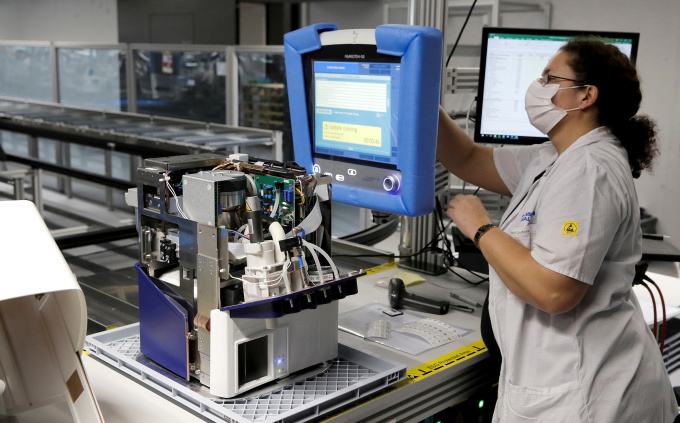
A Hamilton Medical employee checks a ventilator at a factory in Domat/Ems, Switzerland on March 18, 2020. Photo: Reuters
According to the European Patent Office, Switzerland filed the most patents per million people last year, at 1,031, compared to 482 in Sweden, 161 in France and 142 in the US. It has also topped the World Intellectual Property Organization’s Global Innovation Index for the past 12 years. And according to consultancy EY, the country has 14 companies – including Roche, Novartis, STMicroelectronics and Givaudan – among the top 500 corporations investing the most in research.
Adding to the picture of Switzerland’s economic strength are an unemployment rate of just 3.7% and a high trade surplus of 5% of GDP. Jerry Krattiger, director of the Friborg Development Agency, says the country’s export performance is due to its large corporations and its network of small and medium-sized enterprises, which are strong in advanced sectors, notably medical technology and precision industry.
Entrepreneurial and pragmatic
How could a federation of 8.7 million people, divided into 26 states, with four languages and 70% of its area covered by mountains, achieve such success?
“We are a small territory with no raw materials, so we have to bet everything on brains,” explains Sophie Cerny, deputy director of Swiss Innovation, the organization that coordinates Switzerland’s six major innovation parks.
Gilles Andrier, CEO of Givaudan, a world leader in fragrances and perfumes, says the Swiss are entrepreneurial and pragmatic. Nicola Thibaudeau, head of MPS, a ball bearing company, says that in a country with such a small domestic market and high costs, the only way for companies to survive is to sell abroad and focus on quality.
To achieve this, the Swiss rely heavily on education. They start with apprenticeships, with 70% of students undertaking an apprenticeship at age 15, training in more than 200 trades. From there, high-level technicians are discovered.
Jean-Marc Jaccottet, owner of Mecaplast, a plastic injection molding company, says a large proportion of his company's 115 employees come from apprenticeships, giving them a strong ability to absorb new technology.
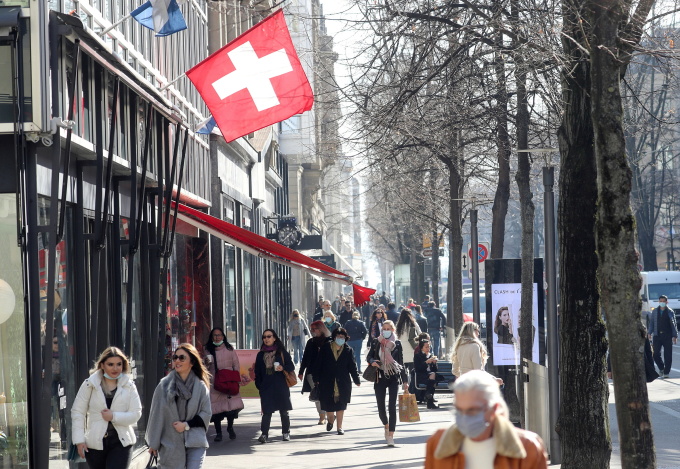
People walk along Bahnhofstrasse in Zurich on March 1, 2021. Photo: Reuters
There are a number of ways for young people to return to secondary education if they wish, particularly through universities of applied sciences and arts. Or they can return through the Swiss Federal Institute of Technology in Zurich (EPFZ) or in Lausanne (EPFL), both of which rank highly in the top university rankings.
EPFL tries to attract the best foreign professors, offering a substantial research budget and salaries three times higher than those of French universities. “We are the only country that pays teachers better than footballers, while student tuition fees remain low,” says Dominique Foray, an economist at EPFL.
Above all, it is all about new ideas and solutions. Innovation parks bring together students, researchers, start-ups and multinational companies. One example is VDL ETG, a 15,000-employee Dutch group that specializes in industrial components, especially semiconductors.
In early 2023, they set up a subsidiary in Innovaare, one of Switzerland's six innovation parks, where they are developing projects with the Paul Scherrer Institute, the local leading engineering research center.
“To understand which innovations will dominate the market in the next 5-10 years, we need to be present in the cradles of the world such as the US, Singapore and Switzerland,” said Hans Priem, International Partner of VDL ETG.
Flexibility of regulations
Startups in Switzerland have access to research centres thanks to a special funding model. When a company identifies a lab that can support a project, Innosuisse – with an annual budget of 300 million Swiss francs (310 million euros) – funds the partnership.
“This gives us access to expensive equipment that we would never have access to otherwise,” said Christoph Jenny, co-founder of plant-based meat company Planted.
Many startups have also been born in this way, such as Hydromea, founded at EPFL, which develops underwater drones. Two of the three co-founders are German and one studied at the Massachusetts Institute of Technology (USA). "But we chose Switzerland even though it has no ocean, because Lausanne's robotics infrastructure is among the best in the world," said co-founder Igor Martin.
Carrol Plummer (Canada) and Nigel Wallbridge (UK), both engineers, left their home countries to come to Switzerland to set up Vivent, researching electrical operations in factories. "The flexibility of the regulations here attracted us. Everything is geared towards efficiency for companies without excessive bureaucracy," said Plummer.
Thomas Bohn, director of the Greater Geneva Bern Area, the agency that develops the western regions, said there was no top-down industrial policy. “Everything comes from the states, small and medium-sized enterprises move very quickly,” he said.
Tilman Slembeck, an economist at the Zurich University of Applied Sciences, says the federal level intervenes very little and many issues are resolved through local referendums. “We, the Swiss, are the state, not the politicians,” he says. In his view, this characteristic favors the country’s culture of consensus and stability.
Add to that a relatively low tax burden for companies, with corporate income tax ranging from 12% to 20% depending on the canton, and a relatively long work week (42 hours). Nadia Gharbi, an economist at Pictet Bank in Geneva, says these factors offset the relatively high value of the Swiss franc and wages.
'Achilles heel'
Despite these strengths, Switzerland is not without its weaknesses. According to Thibaudeau of MPS, continuing education is not as effective as the apprenticeship system. And Abhishek Kumar says that, like in many European countries, raising money for startups is easy in Switzerland, but funding the next stages of development is much harder, unlike in the US.
Five years ago, he founded Nanogence, a startup developing catalysts to reduce carbon emissions in concrete, at EPFL. Like several startups on the "Old Continent", he has opened a subsidiary on the other side of the Atlantic. He hopes to benefit from subsidies from US President Joe Biden's Green Industry Reduction Act.
But the country's biggest Achilles heel is its relationship with the European Union (EU), of which it is not a member, according to Le Monde . When Switzerland refused to join the European Economic Area in 1992, it signed a series of sectoral agreements with Brussels on the free movement of people, goods and mutual recognition of standards.
But some of these treaties are now outdated, so the EU has proposed to overhaul them all with a grand framework agreement. But negotiations have stalled for two years, not least because some Swiss politicians fear that free movement of European workers will depress wages.
In the unlikely event of a breakdown in negotiations, customs barriers would return and access to European markets would be reduced, worrying Swiss companies. For Novartis, which has nearly 10,000 employees in the country, stabilizing relations with the EU is an “absolute priority”. “Today, this is a major concern for our economic and academic attractiveness,” Krattiger concludes.
Phien An ( according to Le Monde )
Source link





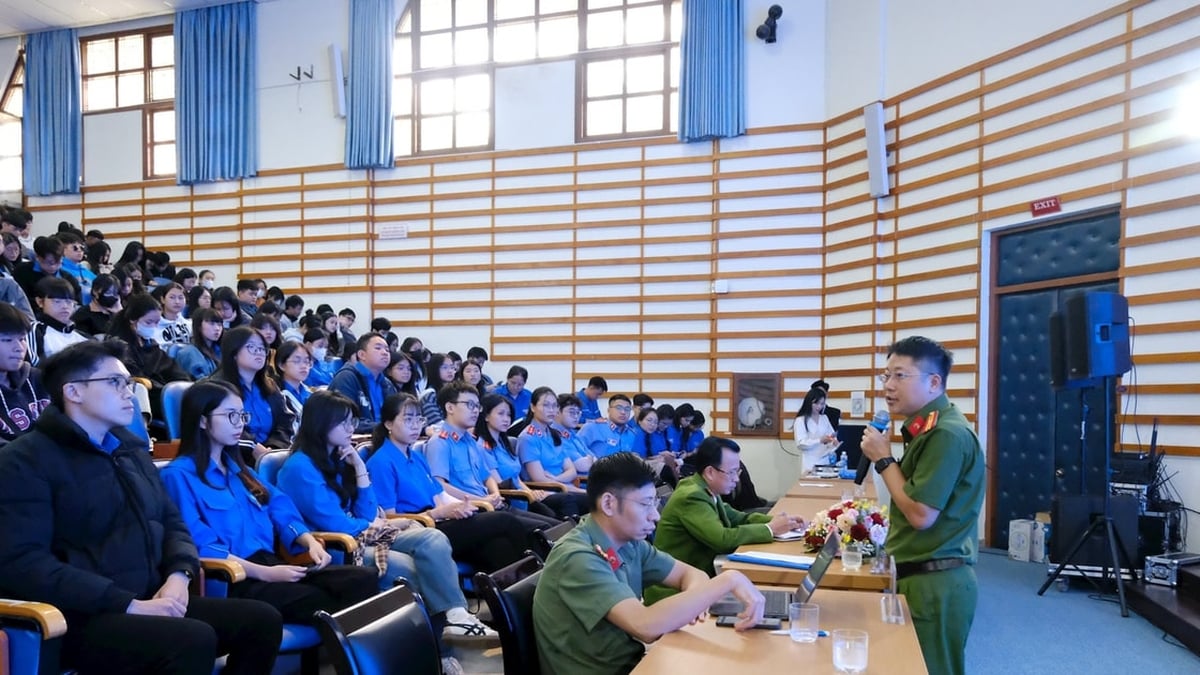



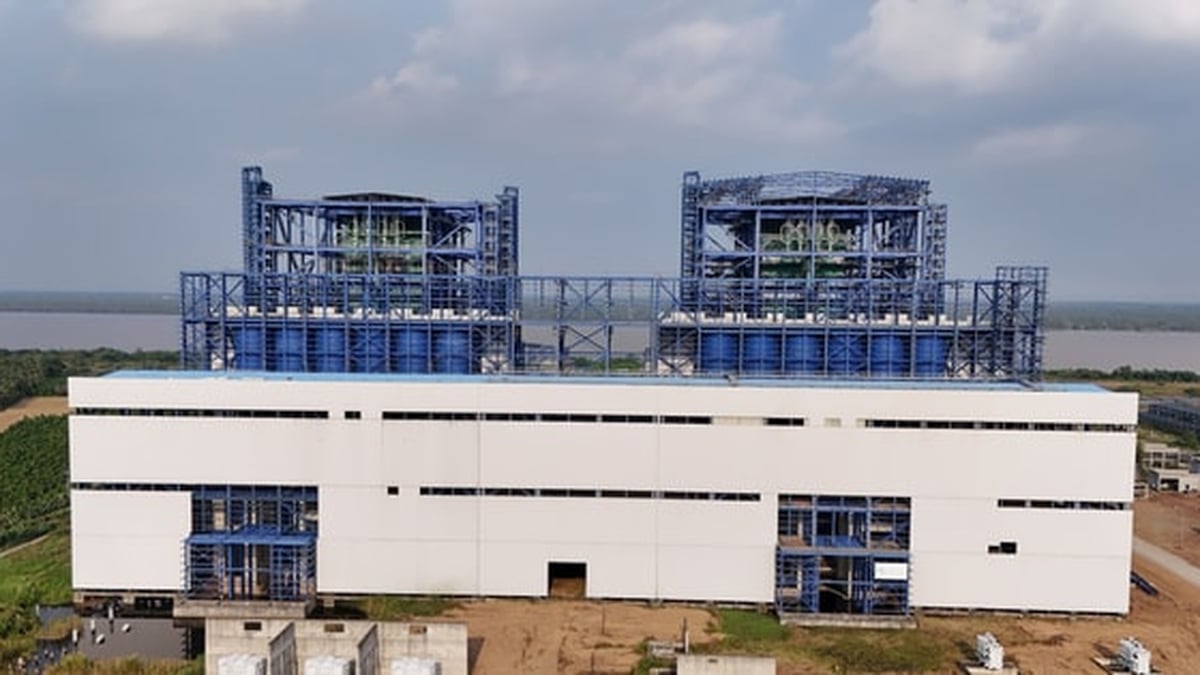

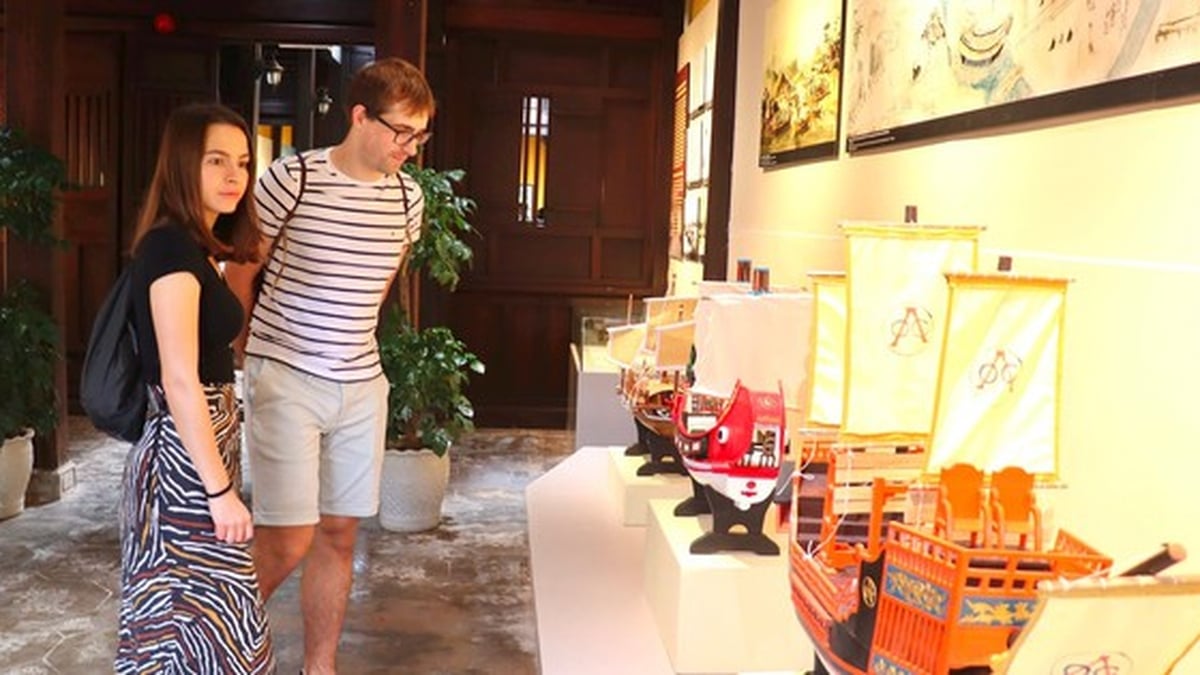
















































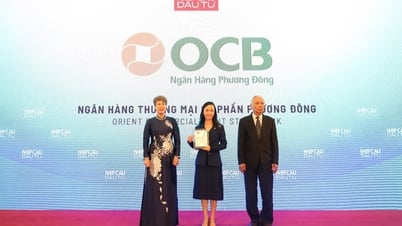
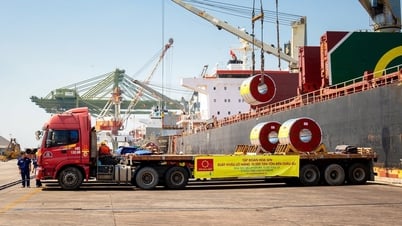






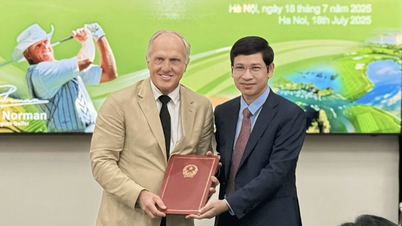

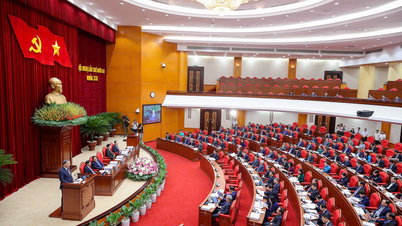





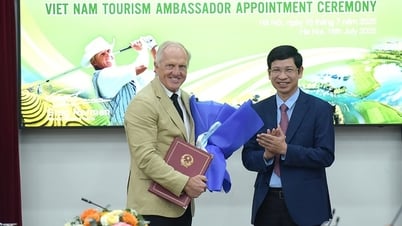


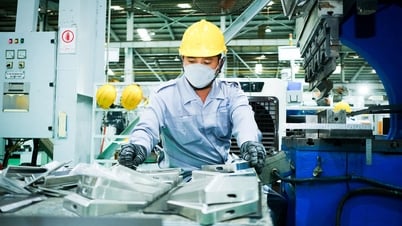















![[Infographic] In 2025, 47 products will achieve national OCOP](https://vphoto.vietnam.vn/thumb/402x226/vietnam/resource/IMAGE/2025/7/16/5d672398b0744db3ab920e05db8e5b7d)







Comment (0)